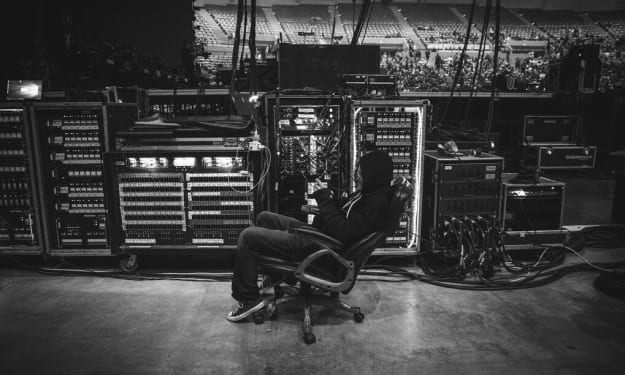Renewable Energy Sources (R.E.S.)
It's really an insane and amazing discovery in mankind's history

Renewables have been one of the main goals of the sustainability movement. Solar energy is cheaper now than oil, gas, nuclear, and coal. This is an impressive recent development. Coal used to be the cheapest source of energy, but wind and solar plants were more expensive than coal thirteen years ago. Banks considered them a high-risk investment back then.Solar energy has an extensive history of being subsidized by government, which has resulted in solar prices becoming incredibly low. However, there are many problems with solar that may need to be addressed before it can become the go-to form of energy.Shell and other fossil fuel companies require an 8 to 12 percent return on investment for renewable energy projects to be profitable. However, this is not a realistic expectation, as solar and wind-based energy generation projects typically yield returns of only 4 to 8 percent . Fossil fuel companies are unlikely to fulfill their promises to transition to renewables because they know that these conditions are arbitrary and unattainable.But that’s not what happened. After I finished saying that sentence, cities all over Britain started filling up with black smoke. My mistake was that I didn’t realize that steam was better for exploiting humans than water. Although water was a cheaper source of energy, it was less profitable because flowing water sources are pretty often out in the countryside. If you want to use them, you often need to bring people to the water, and if those people you moved closer to the water strike, it’s hard to find scabs to replace them out in the boonies. Fossil fuels, however, can be brought into the cities where a massive population of recently impoverished people are already there and they’re desperate for work now that the enclosures have cut them off. Community-managed farms abundant city workers are more exploitable than scarce countryside workers. Water has its own rhythm; sometimes it doesn’t flow, and therefore people don’t work in the city. Though as long as you keep shoveling coal, you can work through the night every day of the week for as long as you can get people to stay in the factory. The only limit on exploitation is the amount of people and the amount of coal, and there was plenty of both. Lastly, water is hard to collect and privatize; a coal mine or an oil well is fundamentally just a hole in the ground surrounded by guns. It’s easy to claim as your own and to enforce that claim with violence in a way that is much harder with the naturally occurring water source that can run for miles. And if you’re thinking about building a reservoir… well, that gets a little too.Community projects for privatization meant that even though water was cheaper, it was less profitable as a source of energy. Fossil fuels, coal specifically, were fantastic for the burgeoning capitalist class not because they were cheaper but because they were an excellent source of surplus value. Okay, detour over. The reason I took that massive detour is not only that it reiterates this video’s main point which is that under capitalism profit matters not price, but it’s also giving us a bit of insight into what’s happening with renewables right now. In this video, you’ve heard me say over and over again that renewables aren’t profitable, and that’s not exactly true. Providing renewable energy isn’t profitable since governments have slowly stopped guaranteeing high prices to renewable energy providers. Something you won’t be surprised to find out is that the fossil fuel industry lobbies for the efficiency race which is good for all of us has been bad for those trying to extract a profit. They used to be able to generate electricity for cheap and sell it for expensive, and now they can’t do that anymore which has driven them out of the energy providing game. Basically, the strategy of creating a competitive capitalist market that countries like Germany undertook worked too well to the point that the margins don’t justify the investment anymore. Capitalism always requires monopoly and strategic inefficiency to extract profit to the detriment of the rest of us. Competition is often the enemy, and right now that makes solar energy provision a bad venture
About the Creator
Enjoyed the story? Support the Creator.
Subscribe for free to receive all their stories in your feed. You could also pledge your support or give them a one-off tip, letting them know you appreciate their work.





Comments
There are no comments for this story
Be the first to respond and start the conversation.